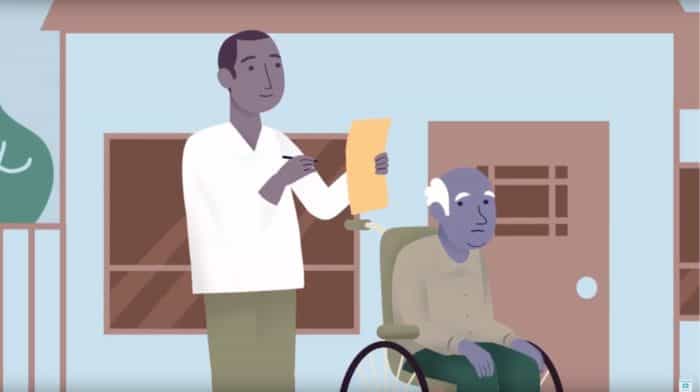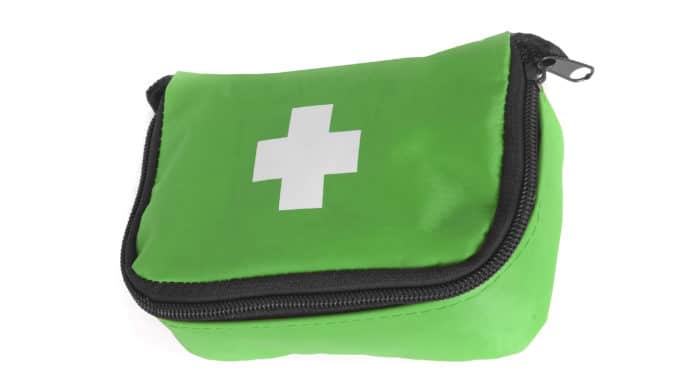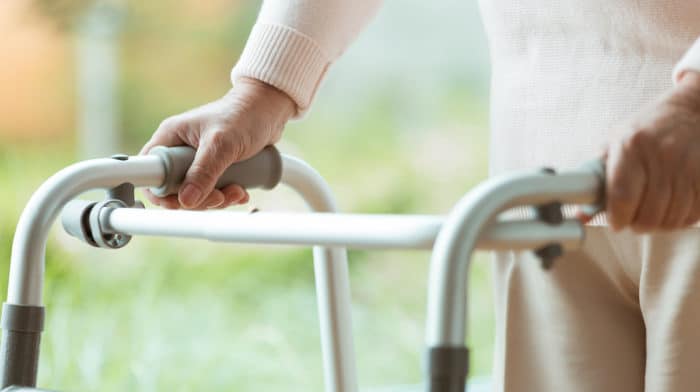Transition from Hospital to Home Checklist
Transition from Hospital to Home Checklist
Having the answers to these questions will help both you and the person you are
caring for in the transition from Hospital to Home. It may be helpful to bring a note
book so you can jot down the answers.
DESTINATION
☐ Is the person going home or to another destination such as a rehabilitation clinic or long term care facility?
☐ Do you know the Pros & Cons of each option? (You should discuss with all involved & make this decision before the person leaves the Hospital.)
☐ How is the person going to be transferred from the hospital?
DIET
☐ Does the person need to make adjustments to their diet?
☐ What should they limit or restrict from their diet?
☐ What should they eat more of? Less of?
MEDICATION
☐ What are the medications the person will be prescribed?
☐ Be sure to clarify the dose of each medication – How often it must be taken and why.
☐ What about the old medications the person was taking before hospitalization?
☐ Have there been any changes to the dose or timing of the original medications? Have some of them been stopped altogether?
☐ Be sure to get a copy of the new prescriptions to take to the pharmacy.
☐ Before leaving the hospital, clarify when to start taking the meds at home in case some of them have already been taken that day at
hospital.
☐ Confirm whether there are any over the counter medications the person should avoid?
☐ Ask about any side effects or reactions to look for and when to seek medical attention.
SPECIAL EQUIPMENT
☐ Does the person require any special equipment at home? Will a hospital bed be needed? Crutches or other mobility aids such as a walker or wheel chair?
☐ Does the person require Oxygen at home? What about Urinary catheter or ostomy supplies?
☐ Ask about how to acquire this equipment. Where can it be purchased or rented? Does the person need to be fit for this equipment? Who arranges this?
☐ How is the person going to be transferred from the hospital?
HEALTH CARE SERVICES
☐ Are home support services required for activities such as bathing, feeding or taking medications?
☐ What about virtual nursing or Tele-home monitoring? Does the person require physiotherapy?
☐ Ask how to set up these services. Does the Hospital arrange for this or do you? Who do you call to arrange the service?
☐ Are there any follow-up appointments the person must attend? When and where are these appointments?
☐ When should the person see their primary care provider for follow-up?
EMERGENCY
☐ What to do in case of emergency. What are the signs or symptoms to look for that indicate the person needs to go to the emergency department?
ADVOCATE
☐ Ask the person if they have any questions, worries or fears about this transition.
☐ Do they understand the illness, disease or injury they have?
☐ What do they feel their needs are? How do they predict these needs changing over time?
☐ Advocate for the person to ensure that these are addressed by the health care team.
ACTIVITY
☐ Does the person need to make adjustments to their diet?
☐ What should they limit or restrict from their diet?
☐ What should they eat more of? Less of?
ANY QUESTIONS?
☐ If you or the person you are caring for have any additional questions, be sure to ask.
☐ As the Caregiver, do you need to be shown how to help the person with any medical tasks or activities?
☐ Ask who you can call if you have additional questions and write down the phone number and the time of day you can call.






